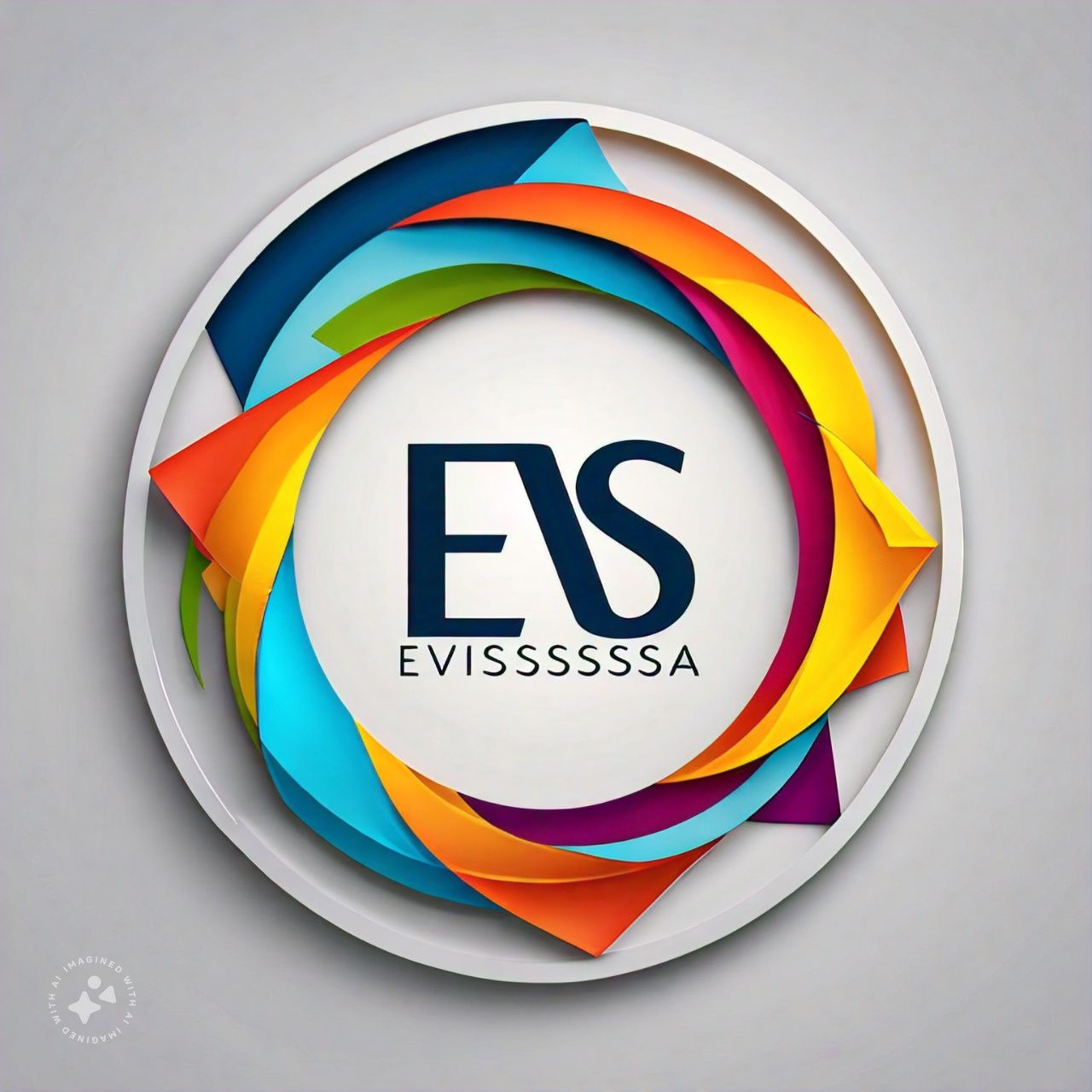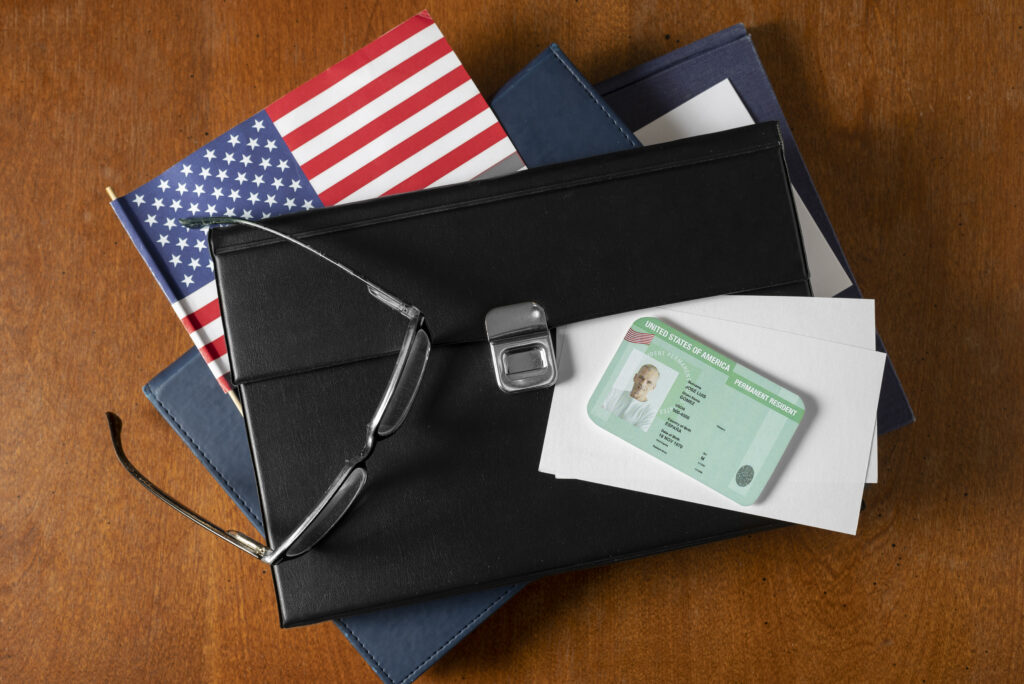
Understanding the Work Visa: Your Path to International Employment
A work visa is a crucial document for individuals who wish to live and work in a foreign country legally. It allows foreign nationals to take up employment with a specific employer or within a certain industry, and it typically involves a legal framework that ensures both the individual and the host country meet certain requirements. Obtaining a work visa is often the first step for professionals, skilled workers, and entrepreneurs who seek opportunities in international job markets. In this post, we will explore what a work visa is, its various types, the application process, and key considerations for those seeking to work abroad.
What is a Work Visa?
A work visa is an official authorization issued by a country’s immigration authorities that permits an individual to work in that country for a designated period. The purpose of a work visa is to regulate foreign labor and ensure that workers entering the country meet the legal requirements set by the host nation. Work visas are typically granted based on employment offers, professional skills, or specific qualifications that are in demand by employers in the host country.
Work visas are crucial for protecting the local labor market by ensuring that foreign workers are filling positions that cannot be easily filled by local talent. Many countries require employers to demonstrate that they have made efforts to hire local workers before offering a position to a foreign national. Work visas also provide an opportunity for skilled professionals to gain international experience, build their careers, and contribute to the economy of the host country.
Types of Work Visas
There are various types of work visas, and the specific type an applicant needs depends on the country, the nature of the job, and the applicant’s qualifications. Below are some common types of work visas:
- Temporary Work Visa: This type of visa is typically issued for short-term employment, often lasting a few months to a couple of years. Temporary work visas are ideal for individuals who have a specific job offer for a limited duration. Common examples include seasonal work visas or project-based employment.
- Skilled Worker Visa: This type of work visa is granted to professionals or individuals with specialized skills that are in high demand in the host country. Applicants must meet certain educational and work experience requirements. Many countries, such as Canada, the U.S., and the UK, have skilled worker programs that prioritize specific occupations in fields like technology, healthcare, and engineering.
- Intra-company Transfer Visa: Multinational companies may transfer employees to different branches or offices in foreign countries. This type of visa allows employees to continue working for the same employer but in a new location. It is commonly used for managerial, executive, or specialized staff who have already been employed by the company for a certain period.
- Entrepreneur or Investor Visa: Some countries offer work visas to individuals who wish to start their own business or invest in the local economy. These visas are designed for entrepreneurs, investors, or business owners who have the financial resources to support themselves and create job opportunities for others.
- Working Holiday Visa: Many countries offer working holiday visas to young people, typically between the ages of 18 and 30, to work and travel within their borders. These visas allow applicants to take up short-term employment to fund their travel expenses while exploring the country.
- Green Card/ Permanent Residency Visa: Some countries, such as the United States, offer work-based visas that can eventually lead to permanent residency or citizenship. The most well-known example of this is the U.S. Green Card, which is given to individuals who have employer sponsorship and wish to work and live in the country long-term.

Eligibility Criteria for a Work Visa
To apply for a work visa, applicants generally need to meet specific criteria, which may vary by country. However, there are common elements in most work visa applications:
- Job Offer: Most work visas require that the applicant has a valid job offer from a company in the host country. The employer often needs to provide documentation proving that they are offering the applicant a specific position and that they are sponsoring their visa application.
- Proof of Skills and Qualifications: Many countries issue work visas to individuals with specialized skills or experience. Applicants may need to provide proof of their qualifications, such as diplomas, certifications, and professional experience. In some cases, applicants must pass skills assessments or language proficiency tests.
- Labor Market Test: Some countries require employers to prove that they could not find a suitable local worker for the position before hiring a foreign national. This may involve posting job advertisements or demonstrating that the job is in an area of skill shortage.
- Health and Character Checks: Most countries require applicants to undergo medical exams and security background checks to ensure that they meet health and character standards. Some countries may also require police clearance certificates.
- Financial Requirements: Applicants may need to show proof that they can support themselves financially while working in the host country. This could include showing bank statements, salary offers, or other documentation to prove they can sustain themselves without relying on public funds.
Application Process for a Work Visa
The work visa application process can be lengthy and involves several key steps:
- Job Offer and Employer Sponsorship: The applicant must secure a job offer from a company in the host country. In most cases, the employer will also need to apply for approval from the country’s labor or immigration department.
- Complete the Visa Application: Once the job offer is confirmed, the applicant can begin filling out the necessary application forms. These may be available online or in person at the embassy or consulate of the host country.
- Submit Documentation: The applicant will need to submit various documents, including their passport, job offer letter, proof of qualifications, medical records, and any required forms. The employer may also need to submit additional paperwork.
- Visa Interview and Approval: In some cases, applicants may be required to attend an interview at the embassy or consulate. If the visa application is approved, the applicant will receive a work visa stamp or approval letter.
- Arrival and Work Authorization: Upon arrival in the host country, the applicant may need to complete additional steps to receive full work authorization, such as registering with immigration authorities or obtaining a work permit.
Conclusion
A work visa is an essential document for anyone seeking to live and work in a foreign country. It allows individuals to contribute their skills and expertise to the host country’s economy while also providing them with valuable international experience. The work visa process can be complex and time-consuming, but understanding the various types, requirements, and application steps can help applicants navigate the system successfully. Whether you’re looking for short-term work, specialized professional opportunities, or even long-term residency, a work visa is your key to making it happen abroad.

